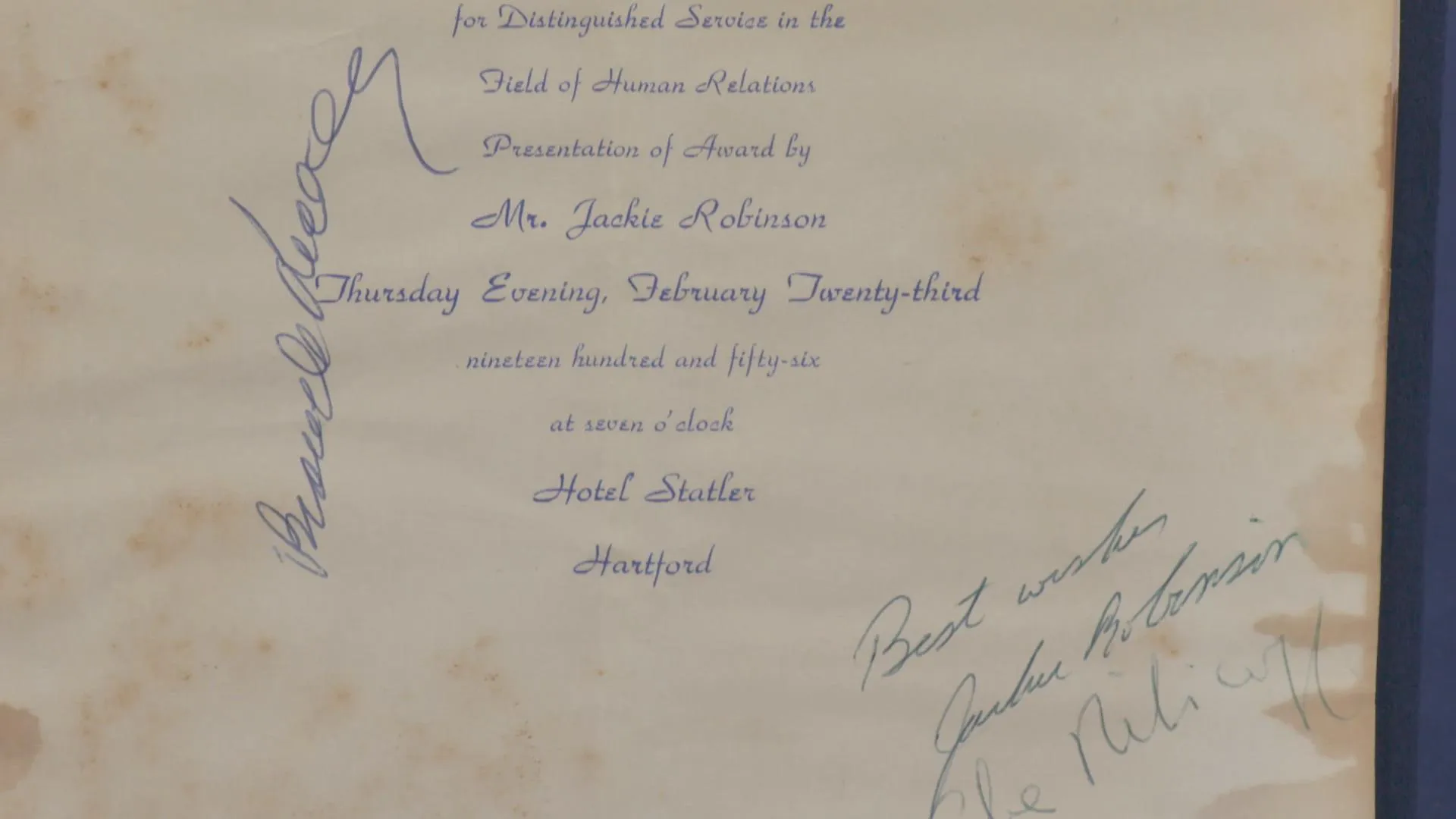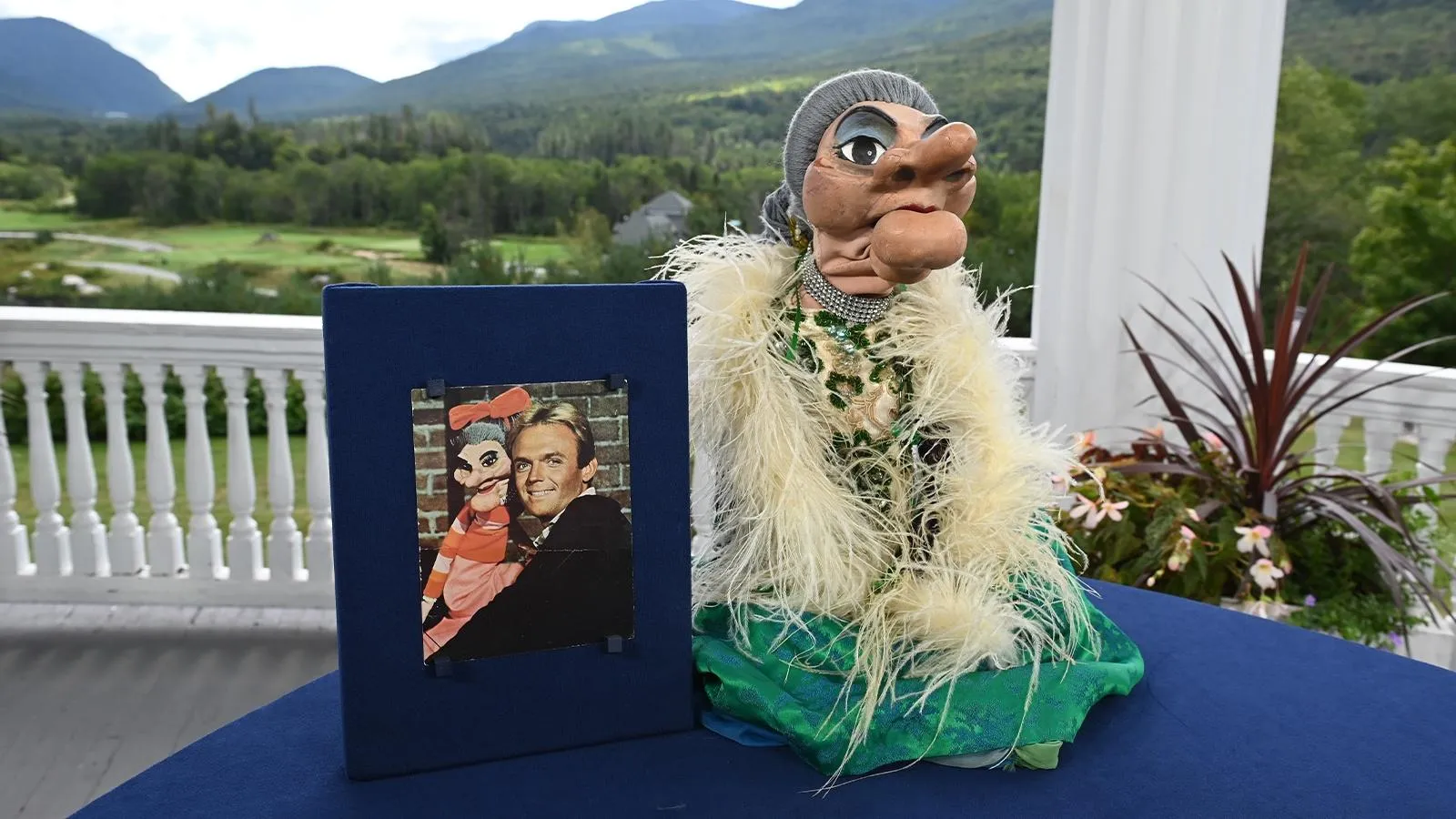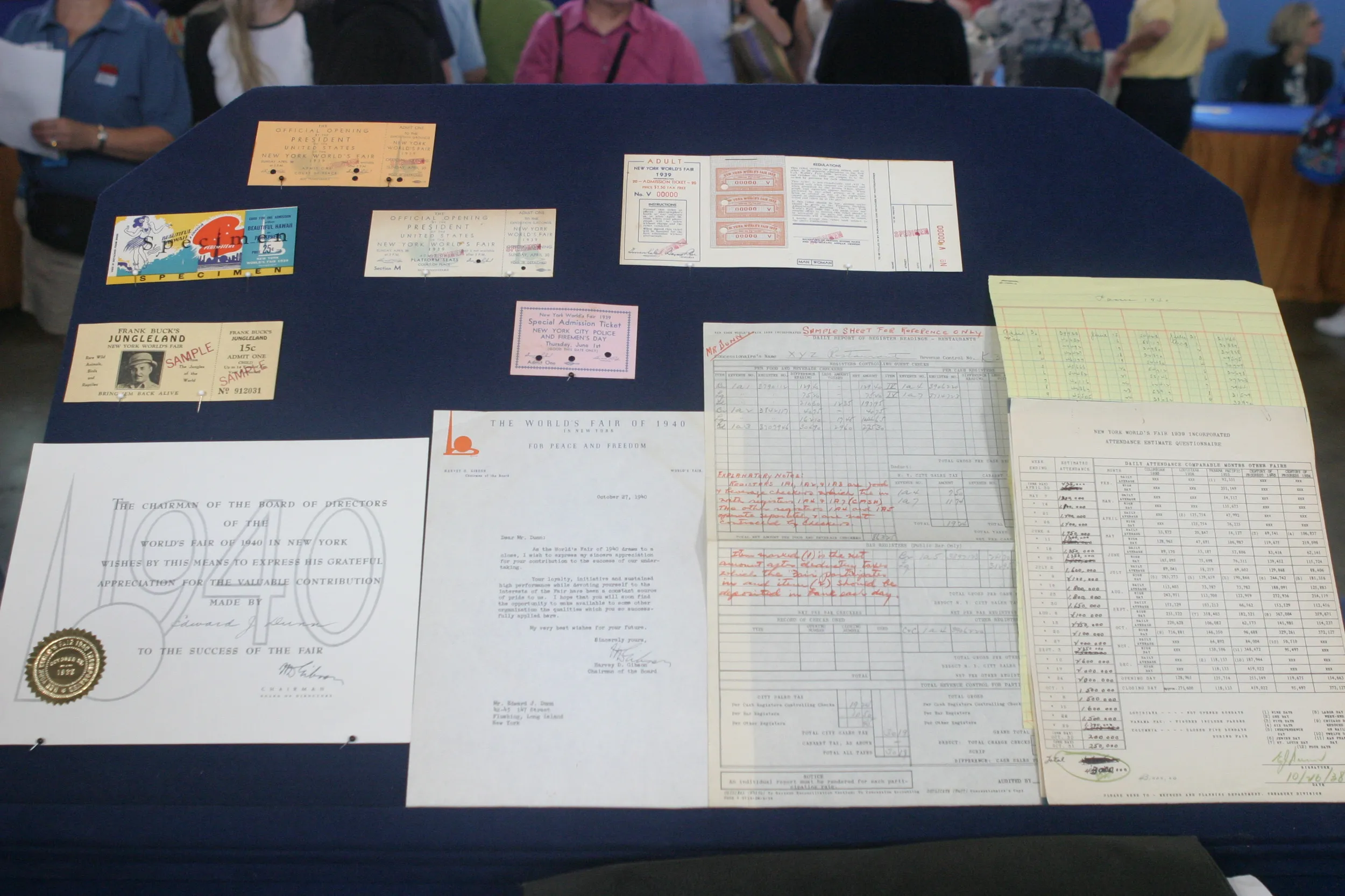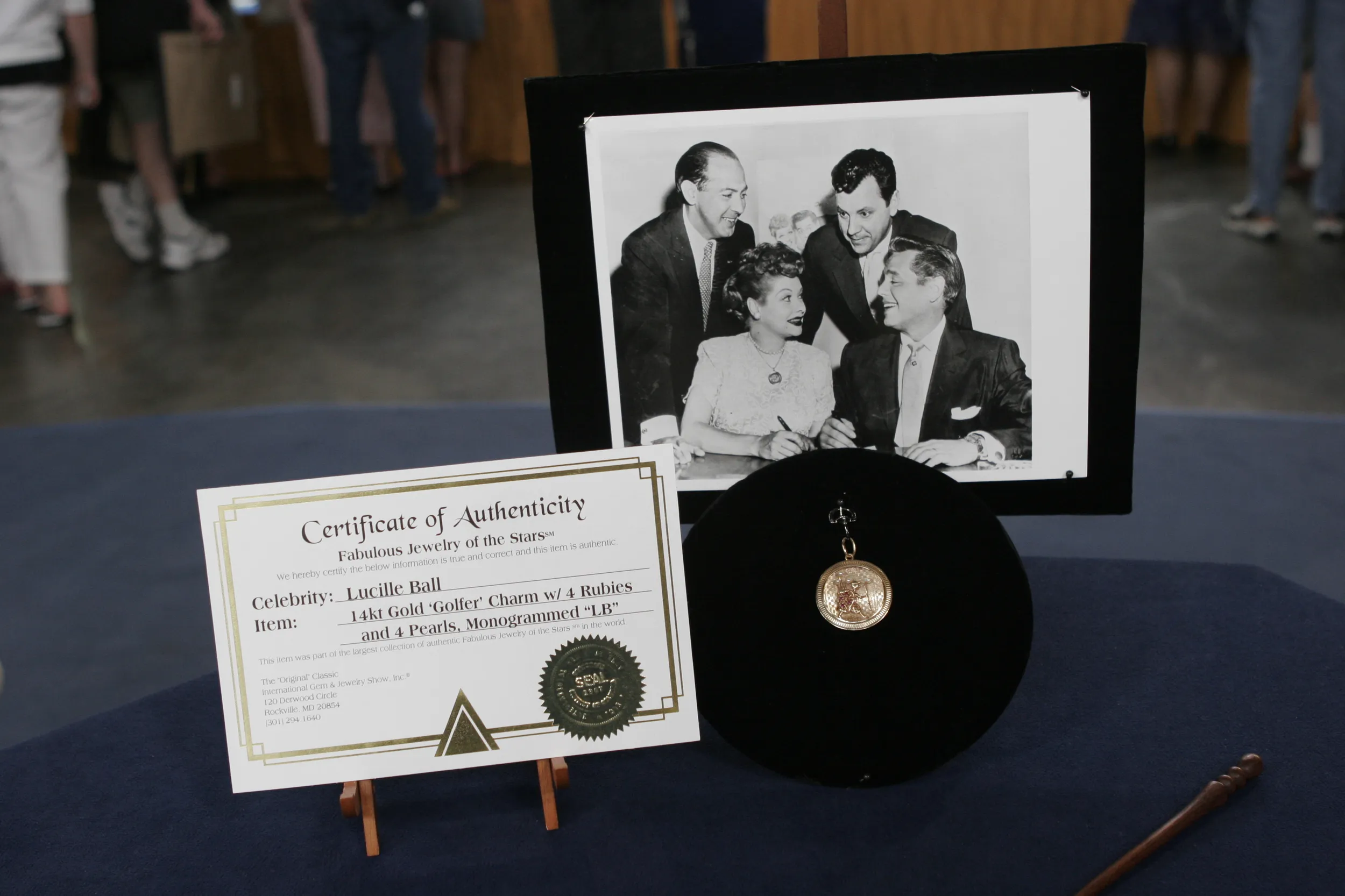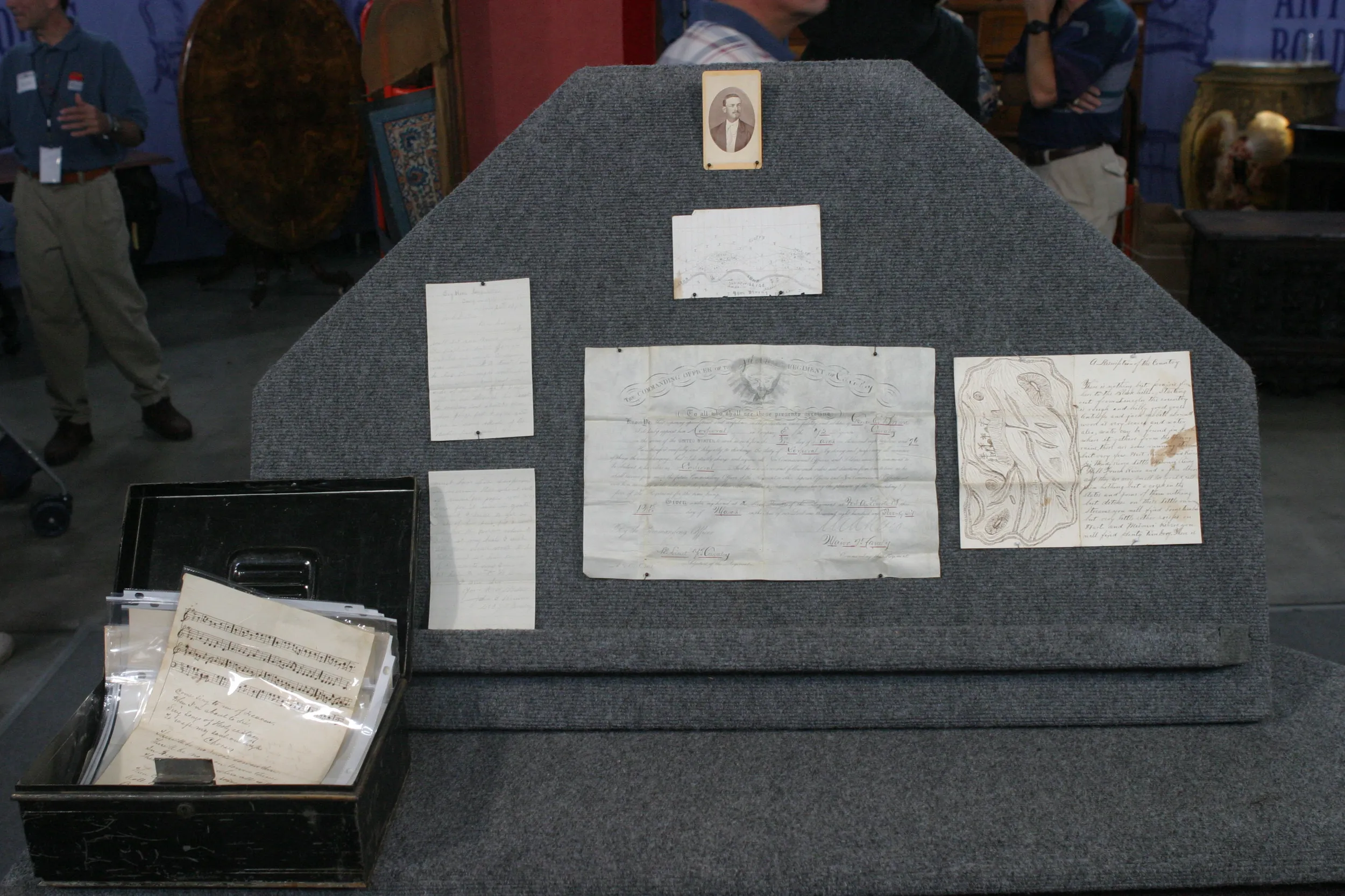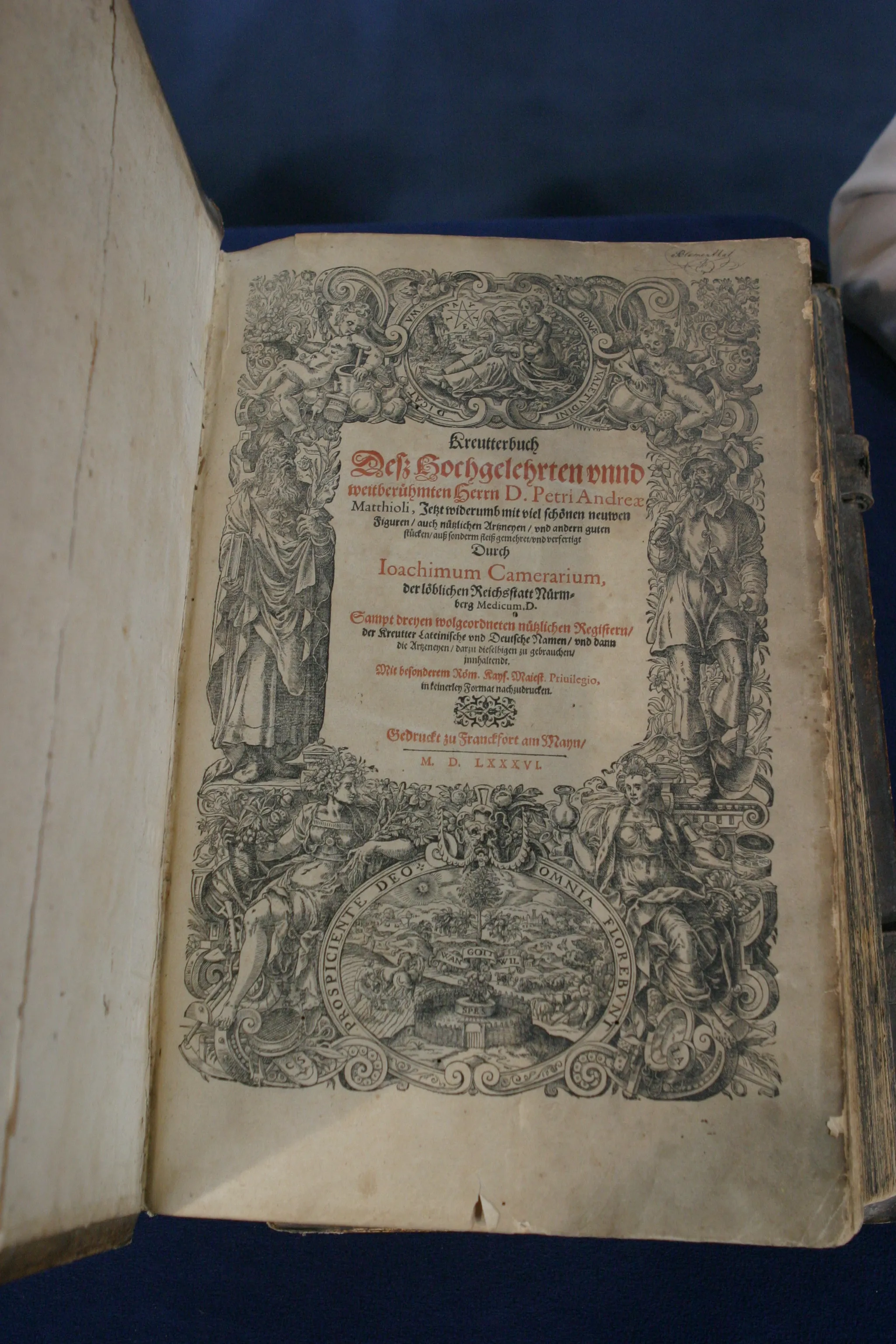GUEST: I collect Negro League things, and I try to preserve the history of the Negro Leagues, and I came across this document, and I was intrigued because it references Jackie Robinson and Branch Rickey both.
APPRAISER: Yeah.
GUEST: And I j-- just thought that was pretty awesome. I got it from an auction site. When I initially saw it, I thought it was going to go for a lot of money and that I wouldn't be able to afford it.
APPRAISER: Okay.
GUEST: But there's... There was a lot of other, bigger things being sold.
APPRAISER: Okay.
GUEST: So I ended up purchasing it, and I was just so thrilled to get it.
APPRAISER: This is a program from, from a dinner given by the National Conference of Christians and Jews. They started out in the '20s as the National Coalition of Christians and Jews. And this was in 1956. But today, they're still around. They're the National Conference of Community and Justice, still doing their good works promoting equality, diversity, and fair treatment to everybody. This conference is honoring Branch Rickey. The award is given by Jackie Robinson. Now, these two men are tied together in history, because Branch Rickey signed Jackie Robinson in 1946, and when he did that, he changed the face of baseball forever. Although there's nothing written-- there's no law, there was no contract—that African Americans, Blacks, could not play in the Major League, they had this gentlemen's agreement that they would not allow Black people to play in the Major League, but Branch Rickey, he felt, and knew, that this was wrong. He wanted to at least have somebody like Jackie Robinson play. So he vetted him, he watched him play. When Branch was researching who to pick from the Negro League, he settled on Jackie Robinson, not because he was the absolutely best player, but because of his background, and because of his demeanor, because he was going to get hit with a lot of insults, a lot of abuse from his teammates, the fans, and the other managers.
GUEST: Right.
APPRAISER: So he wanted somebody who can take it, not fight back, and that was the most important thing. So he signed him and tried him out in 1946 in Montreal, and he said, before he signed him, to give him a heads up, "Before you sign this contract, you have to be able to take this abuse." And the abuse was horrendous. He would get balls thrown at him. The other players hit him with sharpened spikes. Even his own teammates signed a petition not to allow him to play. The fact that they're both on this... I am just so excited, um, that they're both on this pamphlet from an organization created to promote equality, diversity, and just generally treating everybody the same. I am absolutely thrilled to see this, and... Why do you collect Negro League memorabilia?
GUEST: Um, I used to collect just autographs.
APPRAISER: Mm-hmm.
GUEST: And I collected autograph cards. And I came across a set of Negro League cards. So I started writing them in the mail, and asking for their autographs.
APPRAISER: Wow.
GUEST: And back in 1992, they had a forum for the Negro Leagues in New, in Manhattan at a school.
APPRAISER: Mm-hmm.
GUEST: So I got my friend that I collect them with, I said, "Joey, we're going to New York," and when I met the players, and I talked to them...
APPRAISER: Yes.
GUEST: ...and they started telling me the stories...
APPRAISER: Mm-hmm.
GUEST: ...I was hooked after that.
APPRAISER: If it wasn't for Branch Rickey thinking that Jackie Robinson was great...
GUEST: Right.
APPRAISER: ...it might not have happened for several more years. What did you pay for this at auction?
GUEST: I think around $2,000, yes.
APPRAISER: Okay. And how long ago was this?
GUEST: It was about two years ago.
APPRAISER: Two... Two years ago, well, today at auction, I would estimate this to go $6,000 to $8,000.
GUEST: Oh, wow.
APPRAISER: And for insurance purposes, you can insure this for as much as $10,000.
GUEST: Oh, wow, that's awesome.
APPRAISER: It's absolutely fantastic. I'm absolutely thrilled.
GUEST: Thank you. I share your passion.
APPRAISER: You do? Yes, it's obvious that you do.

